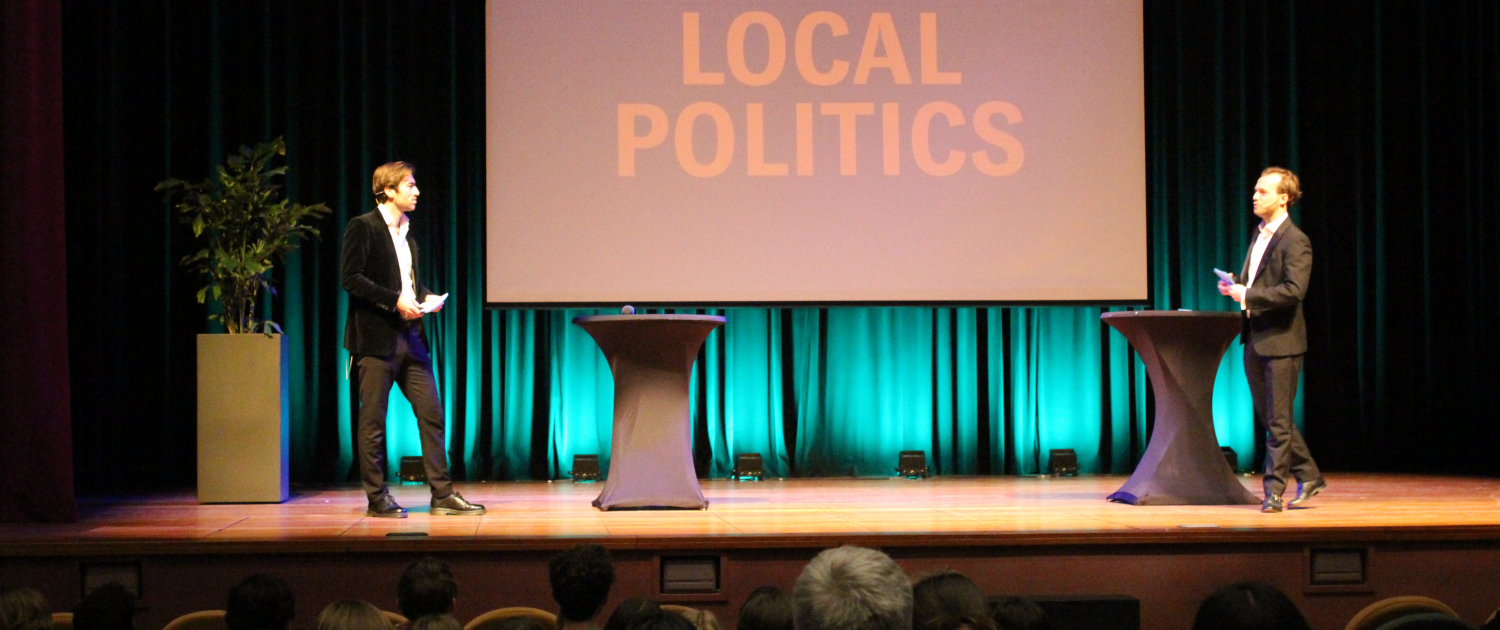Local Elections and De Kiesmannen
Local municipal elections take place every 4 years in the Netherlands. All EU citizens registered in the country, and non-EU citizens who have been registered here for at least 5 years, are eligible to vote once they turn 18. The next trip to the polls will be later this month, March 2022.
As of the end of 2020, a quarter of the entire population of the Netherlands has a migration background. All these people with an international background are affected by the outcomes of local elections, and very many have the right to cast a vote. However, a recent survey circulated amongst the international population of the Netherlands showed that over a quarter of respondents didn’t know if they could vote in the upcoming local elections here, and another 37% didn’t know who they would vote for. Perhaps even more striking, 87% of respondents hadn’t seen any election materials in English for 2022. By this point, a couple of weeks out from the election, citizens will have received their voting cards in the post, but there is undoubtedly a big knowledge gap around important local issues and how the democratic voice of the sizeable international community in the Netherlands can be properly heard.
For a cohort of ISA’s community, this month’s election will be their first opportunity to vote. The political activism of youth around the world has been making waves in recent years, and issues that disproportionately affect young people, such as housing availability and climate change, are important aspects of municipal politics. As such, this month’s elections are not just a first vote for some, but also a very important vote. The perceived lack of election information aimed at internationals in the Netherlands is something ISA wanted to remedy, and so at the beginning of the month our Individuals and Societies department invited De Kiesmannen to come to our World Theatre, and help un-muddy the waters for students in grades 10 through 12.
De Kiesmannen put on an informative, and funny, ‘masterclass’ on the Dutch political system, the different parties in Dutch politics and where the parties stand on some of the major issues. They also zeroed in a little bit on local elections, and why exercising voting agency at that level is important. It was fast-paced and interactive, and our students hopefully gained a lot from the experience.
If you’re an international in the Netherlands with a local election vote but unsure of what that really means, maybe grab a hold of an ISA high schooler sometime in the next week and pick their brains for some helpful insight! You can also join us on Friday, 11 March when the Amstelveen Gemeente will be hosting a political debate at ISA. This debate will feature speakers from the 12 parties that are taking part in the local election.



